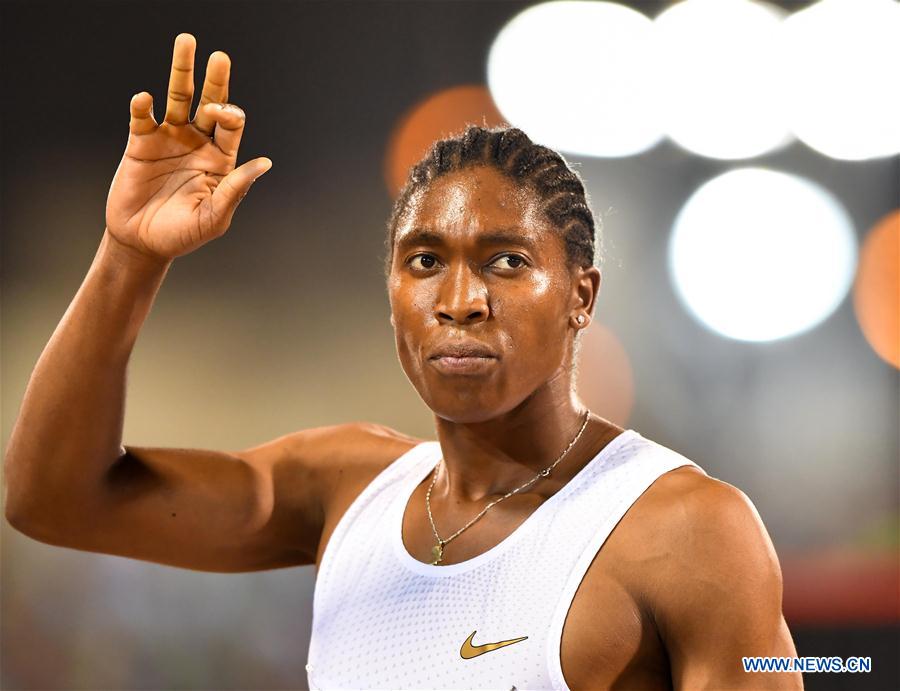South Africa to appeal Semenya testosterone case
 0 Comment(s)
0 Comment(s) Print
Print E-mail SHINE, May 15, 2019
E-mail SHINE, May 15, 2019

South Africa's track federation will appeal against the Caster Semenya ruling, the country's sports ministry said on Monday.
The government ministry said two of the three judges who heard the case at the Court of Arbitration for Sport in Lausanne, Switzerland, were "conflicted", facts were ignored and track and field's governing body was given "unfettered latitude" to do as it pleases.
Athletics South Africa, the governing body of track and field in the country, was one of two parties alongside Semenya to take the International Association of Athletics Federations to court to challenge its testosterone regulations in female competitions.
The IAAF won the case and last week rules came into effect requiring the Olympic 800-meter champion from South Africa and other female athletes with "differences of sex development" conditions and high levels of natural testosterone to medically lower them to be eligible to compete in events from 400 meters to one mile.
At a Diamond League track meet in Qatar two days after losing the case, Semenya said she would not take medication and follow the rules.
Athletics South Africa declined to comment on Monday on any appeal and Semenya's lawyers have also not confirmed any appeal.
Still, sports ministry spokesman Vuyo Mhaga insisted that ASA made the decision to appeal and the ministry had merely been informed by ASA of the move.
Parties can appeal a CAS decision on a very limited number of grounds. They include a lack of jurisdiction, a violation of procedural rules, or a ruling that's incompatible with public policy. An appeal would be heard by the Swiss Federal Tribunal.
In its statement, the South African sports ministry outlined ASA's grounds for an appeal.
It said two of the three judges who heard the Semenya case were "conflicted" because they sat on a case involving the IAAF's previous testosterone regulations brought by Indian sprinter Dutee Chand in 2015.
Semenya lost her case by a 2-1 majority ruling of the panel.
The sports ministry also said the scientific and medical evidence presented by Semenya's lawyers was strong yet "the facts before court and the outcome do not match".
The ministry said the CAS decision did not fully address how the IAAF would implement the contentious hormone limits, which have been described as ethically questionable by the World Medical Association.
"The pertinent legal questions that the court should have addressed were not addressed," the South African sports ministry said. "The court simply gave the unfettered latitude to the IAAF to do as it pleases."






Go to Forum >>0 Comment(s)